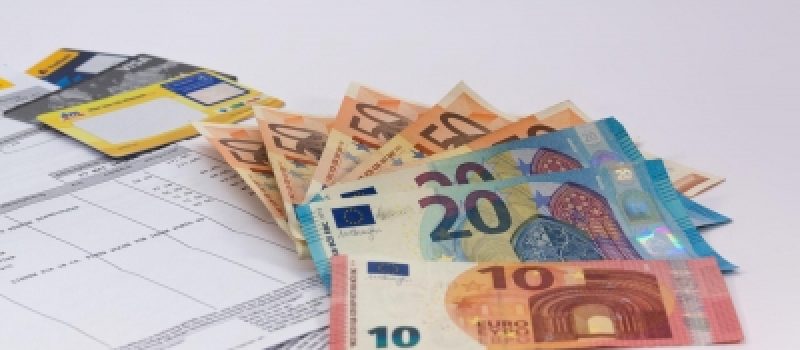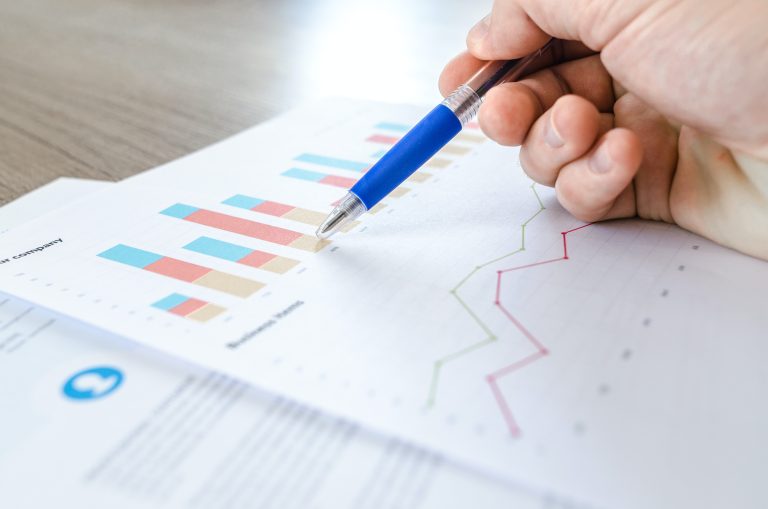Like any entrepreneur, you will have to face, one day or another, one or more unpaid invoices. Claiming your due is never easy. It is all the more complicated in times of economic crisis when your debtors have to deal with a pandemic, inflation or even soaring energy costs. Yet you too need funds to deal with this economic situation.
So how do you proceed with debt collection?
Step 1: check
Before starting the collection, make sure that the sums are due and correct. Check that the invoice has not been paid without communication or by a third party (husband, wife, parents, neighbour, third-party company, etc.). Did your customer receive the invoice? Is the address (postal or email) correct? Hasn't he moved in the meantime? Has the invoice been accepted by your client? Was there no dispute?
Step 2: send a reminder
If your customer received the invoice and it was not disputed, they may have simply forgotten to make the payment. Send him a payment reminder, by post or email. A single reminder is enough. No need to multiply the costs and especially to hang around if your customer does not react. Mention a payment deadline, ideally 15 days after the date of the reminder. Don't forget to write down your terms and conditions of payment to remind your customer of the consequences in the event of non-payment. Using an app like MindYourBills makes this step easier. You receive a notification when an invoice is due and you can then send the payment reminder free of charge.
Step 3: start the recovery procedure
Your customer does not react and your invoice is still not paid? On the due date mentioned on the reminder, send your unpaid invoice to a collection professional. Each his trade. Go through an external service. A debt collection company has teams of professionals trained in the difficult and human trade of collection. This profession is regulated. The procedures and techniques used are regularly checked and adapted.
In accordance with the law, a formal notice will be sent by post to your client. At the end of 15 days, your client will be approached by different media, variable depending on the collection company but also your client (telephone calls, sms, emails, letters, home visits, etc.).
If, despite these multiple amicable attempts, no solution has been found, it may be time to start legal proceedings. Perhaps because, given the solvency of your deadbeat customer and the amount due, legal proceedings are sometimes not advisable, given the costs involved. If it is not decided to start legal proceedings (with a lawyer then a bailiff), the debt collection company will provide you with a certificate of irrecoverability, useful for your accounts.




